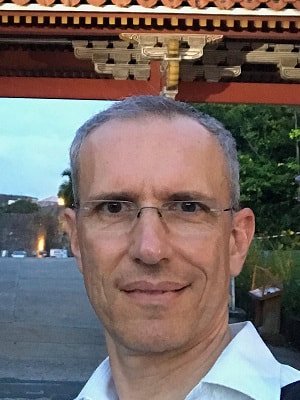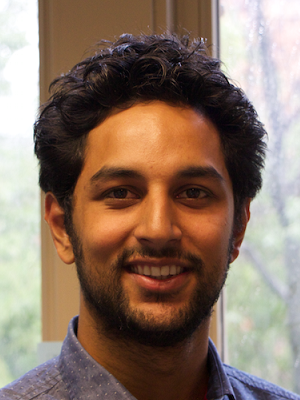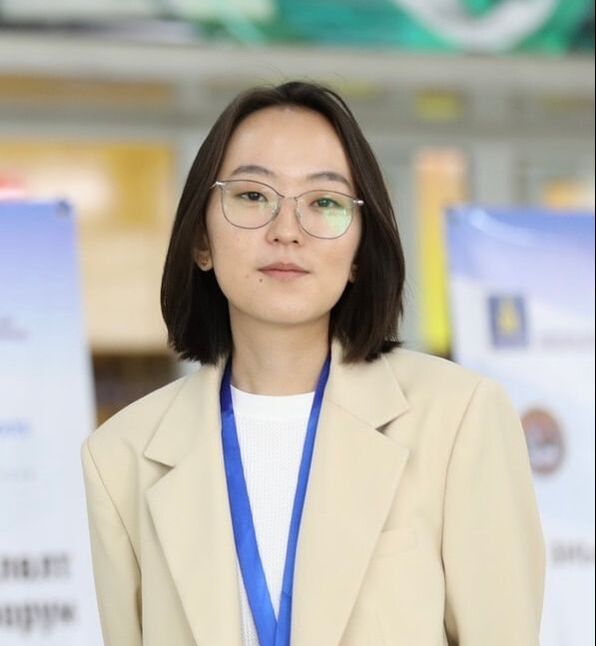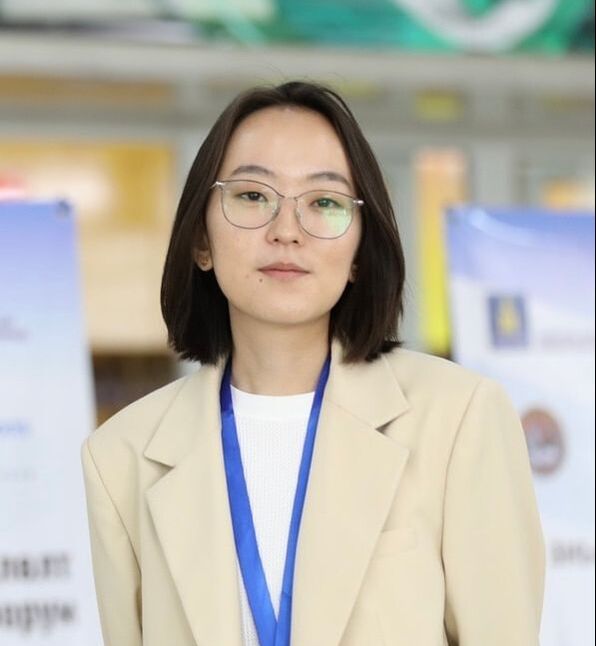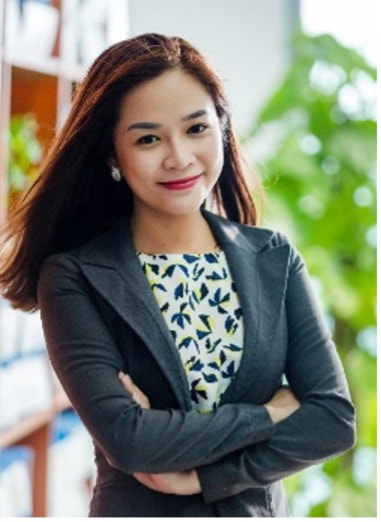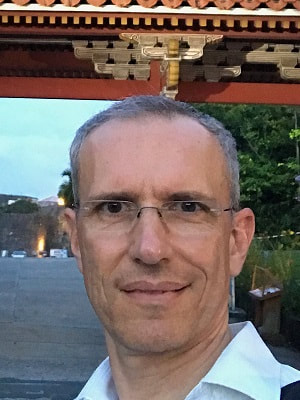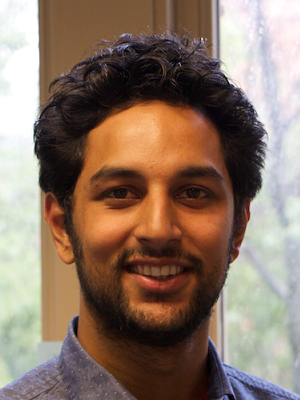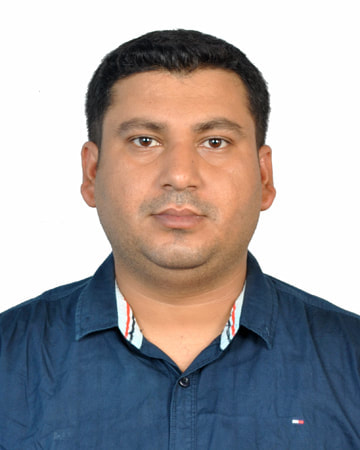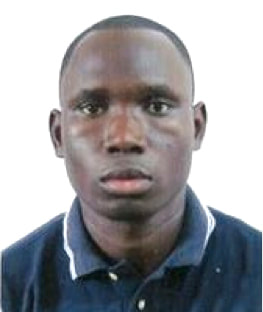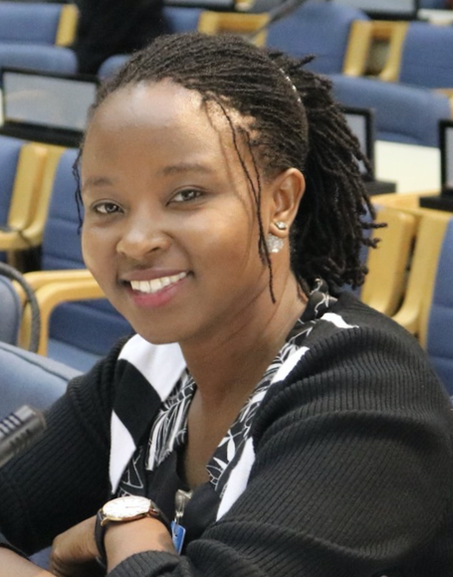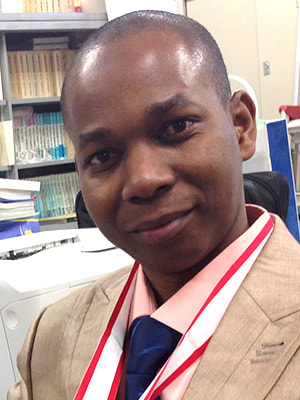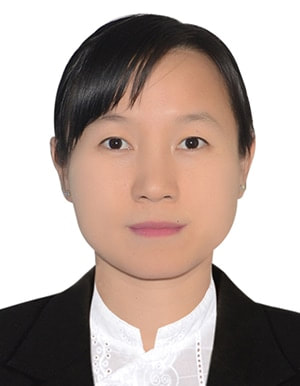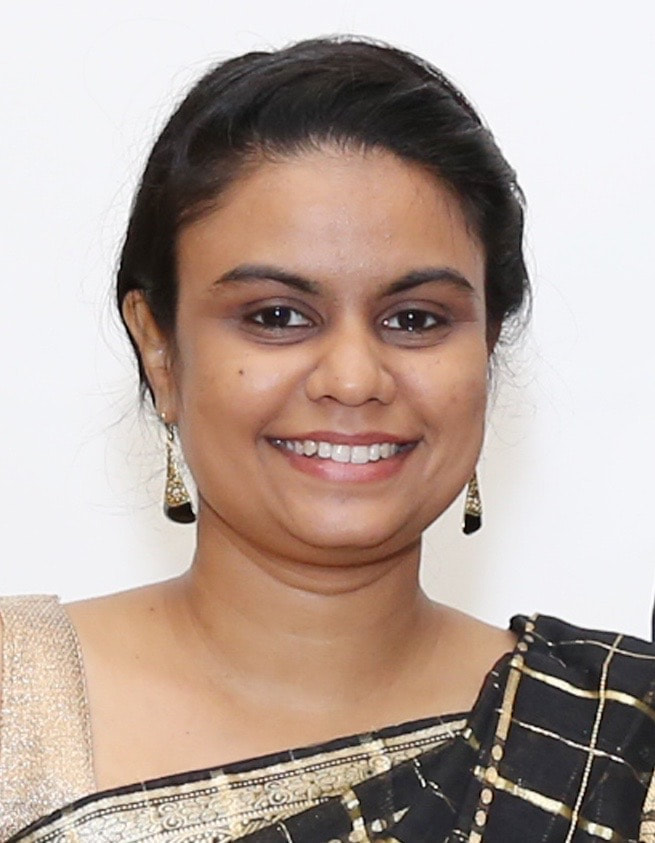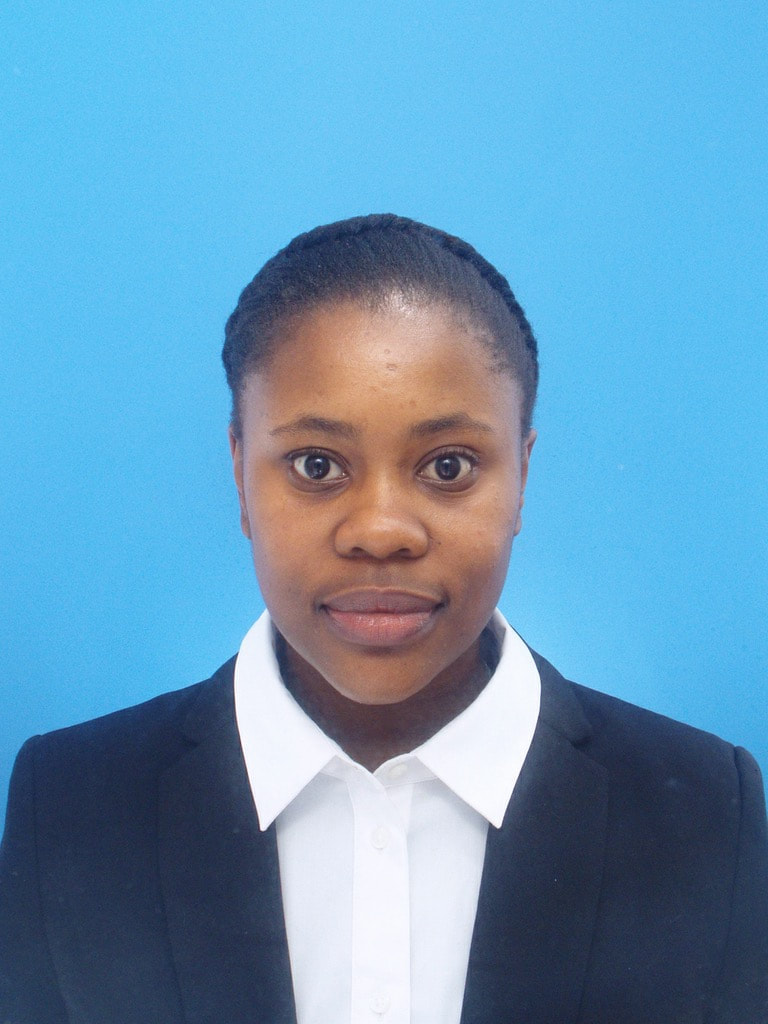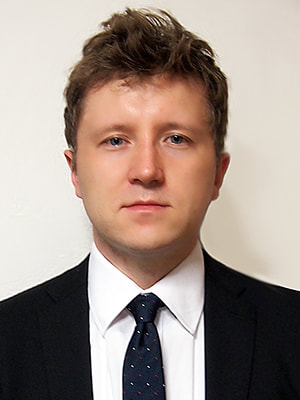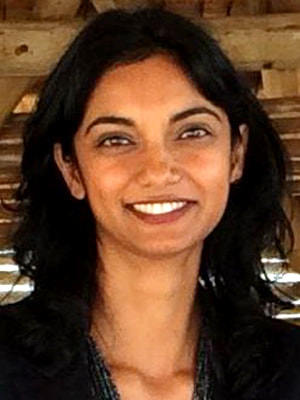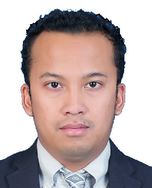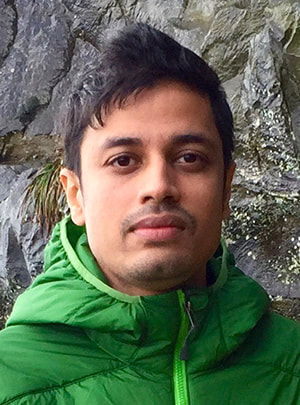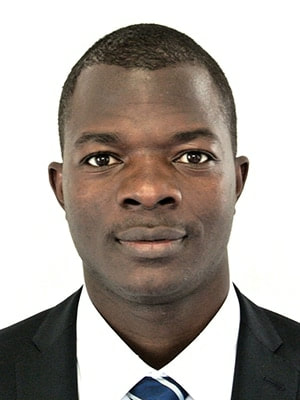|
Battsetseg Banzragch
Battsetseg is a MSc student at the Graduate Program in Sustainability Science – Global Leadership Initiative (GPSS-GLI), University of Tokyo. She holds a BA in International Relations from the Ural Federal University, Russia. She previously worked at the Ministry of Environment and Tourism of Mongolia. She is interested in in finding solutions to societal, economic, and other challenges through nature-based solutions, and defining ways to implement nature-based solutions in expediting sustainable development. |
|
Enzo Bossard
Enzo Bossard is a visiting research student at the Institute of Future Initiatives (IFI), University of Tokyo. He completed a BSc in Economics and Societies at Sciences Po in Paris (France). He has also studied biology and ecosystems at Hokkaido University during an exchange programme, and has gained engineering experience in Fukushima through an internship in the energy sector. He has a deeply multidisciplinary background, which he now seeks to apply in the field of environmental science and gain a deeper understanding of the relationships between natural and human systems. Eventually, he aims to research and propose solutions addressing climate change and its associated challenges. |
|
Jie Su
Jie Su is a Project Assistant Professor at the Institute for Future Initiatives (IFI), University of Tokyo. She holds a Ph.D. in Sustainability Science from the University of Tokyo (2022), an MSc in Environment Management from Xiamen University (2019) and a BSc in Environmental Science from Fudan University (2016) in China. She has dedicated her studies and research to applying social-ecological system approaches to understand the complex interactions between human societies and natural ecosystems, and to develop holistic solutions for sustainable mangrove restoration. Her current research focuses on elucidating the intricate interplay between climate change and small-scale aquaculture, viewing it through the lens of social-ecological systems. Through interdisciplinary collaborations and participatory research methodologies, she aims to enhance the adaptive capacity of small-scale aquaculture communities in the face of the challenges posed by climate change, particularly in the Global South. |
|
Lam Thi Mai Huyhn
Lam Huynh is currently a PhD candidate at the Graduate Program in Sustainability Science – Global Leadership Initiative (GPSS-GLI), University of Tokyo. She obtained an MSc in Sustainability Science from the University of Tokyo and a BSc in Sustainability and Environmental Management from the University of Leeds. She previously served as a public officer in Vietnam between 2016 and 2019, specialising in urban planning and natural resources management. She is interested in the evaluation of ecosystem services and human wellbeing, urban planning and sustainability, and the assessment of adaptation and vulnerability to climate change. Her current PhD research focuses on mapping the current evidence about the effectiveness of ecosystem-based adaptation globally. Furthermore, she compares the local effectiveness of different coastal ecosystem-based adaptations and traditional engineering solutions in China, Singapore and Vietnam. |
|
Michael Murawski
Michael is a research student in the Graduate Program in Sustainability Science – Global Leadership Initiative (GPSS-GLI), University of Tokyo. Prior to joining GPSS-GLI, he completed a M.A. in Environmental Studies at Sophia University and obtained a Joint Degree Diploma from the United Nations University in Tokyo. Originally an Economics and Finance graduate (B.Sc. from Goethe University, Frankfurt), Michael gathered a wealth of experience across consulting firms and international banks, working on renewable energy infrastructure and sustainable agroforestry investments in Sub-Sahara Africa and Europe. Building on his professional experience, Michael’s current research seeks to evaluate and monetize natural capital and ecosystem services in urban green spaces. His second area of research, considers various policy incentive schemes to promote biodiversity-oriented, mixed-species forest restoration investments. |
|
Quanli Wang
Quanli Wang is a Project Researcher at the Institute for Future Initiatives (IFI), University of Tokyo. He holds a PhD in Sustainability Science from the University of Tokyo (GPSS-GLI) , an MSc in Environmental Science from Xiamen University, and a BSc in Resources, Environment & Urban-Rural Planning Management from Fujian Agriculture and Forestry University in China. During his PhD he focused on the sustainability performance of diversification and better management practices for small-scale aquaculture in Bangladesh and Myanmar. In his current research, Quanli is interested in sustainable and resilient food systems in low-income countries. He collaborates with WorldFish to investigate the characteristics and sustainability impacts of different aquatic food systems in South and Southeast Asian Countries such as Bangladesh, Myanmar, and India. He also explores food security and livelihood resilience from neglected and underutilized plant species (NUS) in Western African countries such as Senegal and Burkina Faso. |
|
Robert Massimo Alfonsi
Robert Massimo Alfonsi is a PhD candidate in the Graduate Program in Sustainability Science – Global Leadership Initiative (GPSS-GLI), University of Tokyo. Before joining GPSS-GLI, Robert worked as a Lecturer in the Department of Computer Science and Informatics at the University of the Free State (UFS), South Africa (2010-2016). He obtained an MSc in Computer Science from the University of Pisa, Italy, (2009), carrying out field research in Information and Communication Technology (ICT) in Education and ICT for Development (ICT4D) at Rhodes University’s Telkom Centre of Excellence, South Africa (2005-2007). Robert is interested in the adoption and use of ICTs for food systems. For his PhD he investigates the challenges and opportunities of using ICTs for enhancing the sustainability of food systems, focusing on the development of an ICT framework for the South African food system. |
|
Vinamra Mathur
Vinamra Mathur is a PhD candidate in the Graduate Program in Sustainability Science – Global Leadership Initiative (GPSS-GLI), University of Tokyo. Prior to joining GPSS-GLI, he was Program Assistant at the Responsible Asia Forestry and Trade Program (RAFT) at the Nature Conservancy (TNC) in Bangkok, Thailand. He holds a BSc (Hons.) in Environmental Science from the University of Manchester (2013) and an MSc in Environmental Governance from the United Nations University, Tokyo (2014). Vinamra’s research stems from his professional experience at the Nature Conservancy, which provided capacity-building and knowledge-sharing services to several Asia-Pacific countries in support of their efforts to promote trade in responsibly harvested and manufactured wood products. Through his research, he aims to understand the role of Japanese timber procurement and logging processes and practices, in order to better estimate their impact in the Sarawak region of Malaysia. |
|
Yuichi Tsuchibuchi
Yuichi Tsuchibuchi is a PhD candidate in the Graduate Program in Sustainability Science (GPSS) at the University of Tokyo. Yuichi holds an MSc in Environmental Studies and Sustainability Science from Lund University (Sweden) and a BA in Global Business from Akita International University (Japan). Before his MAs, he worked on the corporate sector and served as a financial analyst in the tourism industry. His has very diverse research interests including degrowth, well-being, inner transformation, social/environmental justice, disaster management, and biodiversity and ecosystem conservation. His current PhD research focuses on degrowth pathways in the Japanese social welfare sectors. . |
Past members
|
Dalelan Anderson was an MSc Research Student in the Graduate Program in Sustainability Science - Global Leadership Initiative (GPSS-GLI), University of Tokyo (2019-2021).
His research focused on critical aspects of parrot-fish fisheries management in Jamaica, with a specific focus on the perspectives of multiple stakeholders and local communities. |
|
Helen was a PhD student at the Graduate Program in Sustainability Science – Global Leadership Initiative (GPSS-GLI), University of Tokyo (2016-2020).
Her PhD research focused on how urban ecosystems are contributing a green economy transition in Myanmar, undertaking an economic valuation of ecosystem services provided by green spaces in Pyin Oo Lwin, a secondary city of Myanmar. |
|
Himangana Gupta was a Visiting Research Fellow at IFI, and a JSPS-UNU Postdoctoral Fellow at the United Nations University-Institute for the Advanced Study of Sustainability (UNU-IAS) (2019-2021).
She conducted research on mountain social-ecological systems, especially trying to understand the drivers of change and its impacts in the Indian Himalayan region. |
|
Linda Chinangwa was a Visiting Research Fellow at IR3S, and a JSPS-UNU Postdoctoral Fellow at the United Nations University-Institute for the Advanced Study of Sustainability (UNU-IAS) (2015-2017).
She conducted research on the potential of Payment for Ecosystem Services (PES) schemes in sugarcane and tobacco landscapes of Malawi. |
|
Melvis Apoh was an MSc student at the United Nations University Institute for the Advanced Study of Sustainability (UNU-IAS) (2019-2021).
Her MSc thesis focused on the values of indigenous Baka communities in Cameroon, as well as how they are affected by forest conservation and large development projects. |
|
Merle Naidoo was a PhD student at the Graduate Program in Sustainability Science – Global Leadership Initiative (GPSS-GLI), University of Tokyo (2015-2018).
Her PhD research explored the adoption, visibility, and sustainability outcomes of Corporate Environmental Sustainability (CES) practices in supermarket retailers in Japan and South Africa. |
|
Mizan Bisri was a Visiting Research Fellow at IFI, and a JSPS-UNU Postdoctoral Fellow at the United Nations University-Institute for the Advanced Study of Sustainability (UNU-IAS) (2018-2020).
For his research he explored the networked-politics of science and policy nexus on disaster management and climate change adaptation in Southeast Asian countries. |
|
Shamik Chakraborty was a Visiting Research Fellow at IR3S, and a JSPS-UNU Postdoctoral Fellow at the United Nations University-Institute for the Advanced Study of Sustainability (UNU-IAS) (2015-2017).
He conducted research on ecosystem change and how it affects the ecosystem services provision in traditional Japanese seascapes. |
